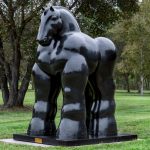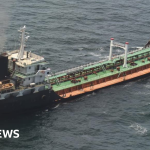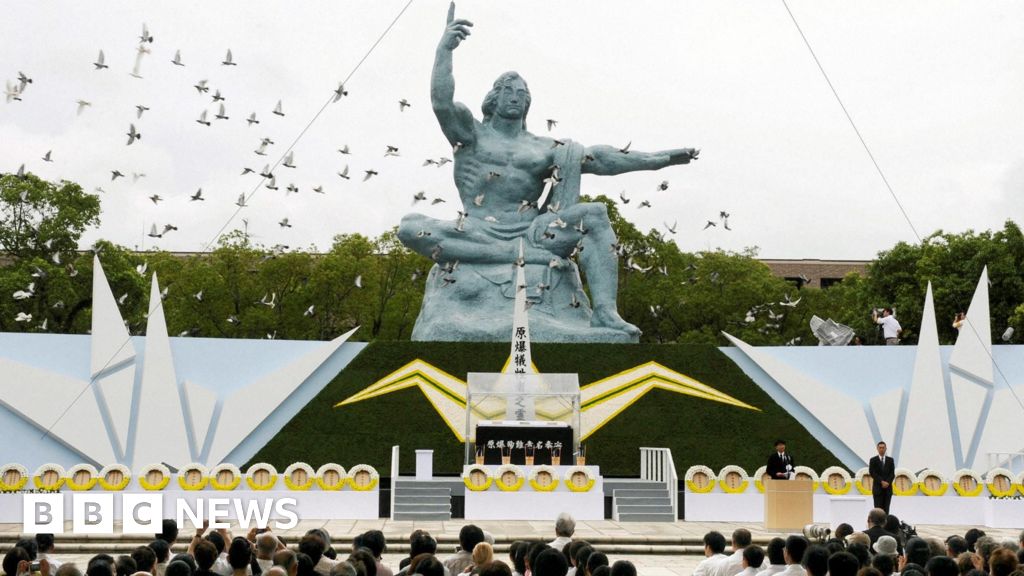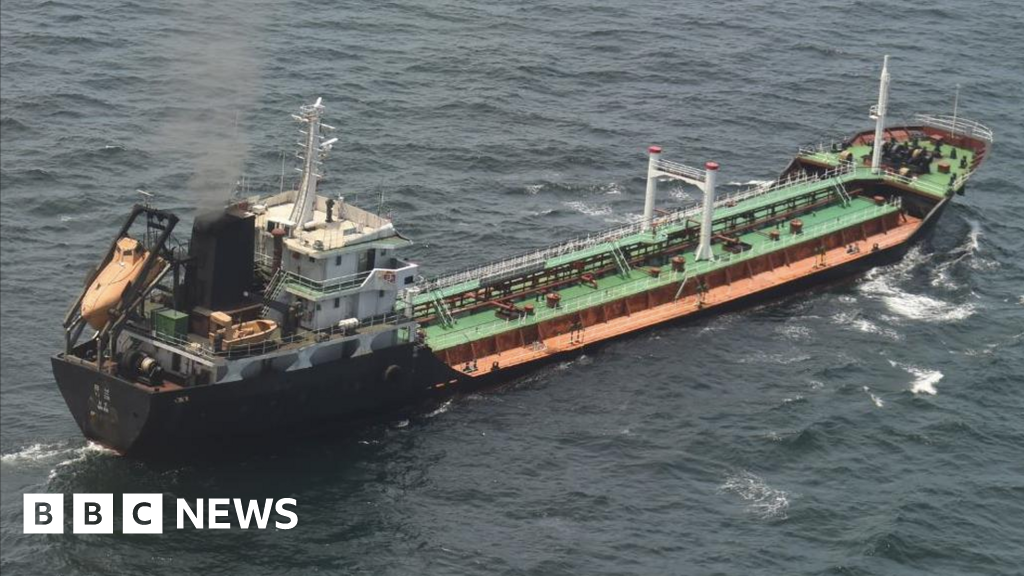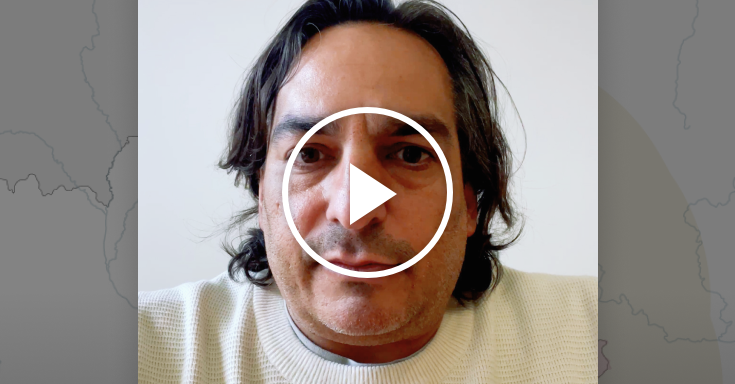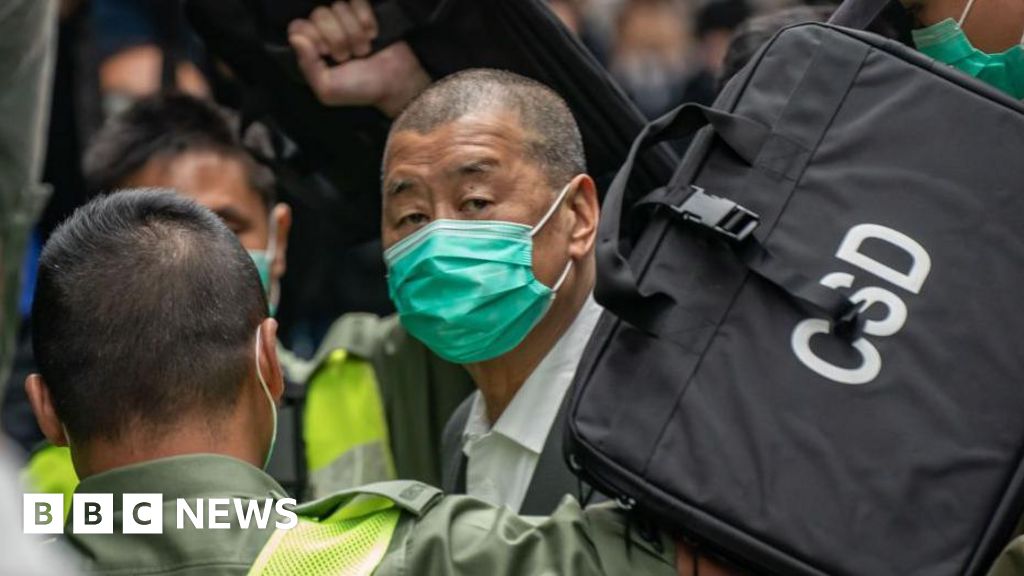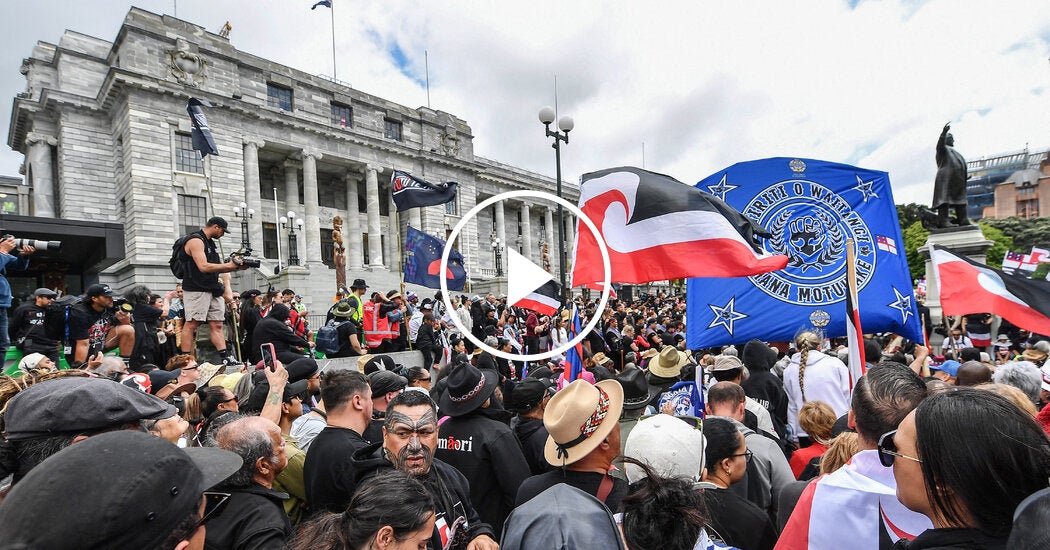Ambassadors from Western countries including the United States and the United Kingdom will not attend a ceremony marking the 79th anniversary of the atomic bombing of Nagasaki after Israel was snubbed.
The mayor of the south-western Japanese city, Shiro Suzuki, said on Thursday that Israel not being invited to attend was not politically motivated but added there would be no change to the decision.
The remarks come a day after it was revealed that the ambassadors of the UK, Canada, France, Germany, Italy, the US and the European Union had sent a letter to Nagasaki in mid-July saying “it would become difficult for us to have high-level participation” in the event if Israel was excluded.
The bomb dropped on Nagasaki on 9 August 1945 is thought to have killed about 74,000 people, both from the explosion itself and later from radiation.
It came three days after the first bomb dropped on Hiroshima and six days before Japan’s surrender in World War II.
Mr Suzuki said security reasons, including potential demonstrations, were behind his decision not to invite Israel to the commemoration ceremony.
But he said he regretted the ambassadors’ decision.
“It is unfortunate that they have communicated to us that their ambassadors are not able to attend,” he said.
A spokesperson for the British embassy in Tokyo confirmed to the BBC that ambassador Julia Longbottom would not attend the ceremony in Nagasaki.
Ambassador Longbottom had said that the decision not to invite Israel created an unfortunate and misleading equivalency with Russia and Belarus – the only other countries not invited to this year’s ceremony.
US Ambassador Rahm Emanuel will also not attend. An embassy statement said the mayor of Nagasaki politicised the event by snubbing Israel.
A spokesperson told the BBC the ambassador would instead go to a peace ceremony at a temple in Tokyo.
Israel’s ambassador to Japan, Gilad Cohen, who was invited to and attended a memorial ceremony in Hiroshima on Tuesday, said Nagasaki’s decision “sends a wrong message to the world”.
In June, Mr Suzuki said Nagasaki had sent a letter to the Israeli embassy calling for an “immediate ceasefire” in Gaza.
Israel’s massive military offensive in Gaza has led to the deaths of almost 40,000 Palestinians, Gaza’s Hamas-run health ministry says.
It was triggered by the 7 October Hamas attacks on Israel, in which 1,200 people were killed and 251 taken back to Gaza as hostages.



